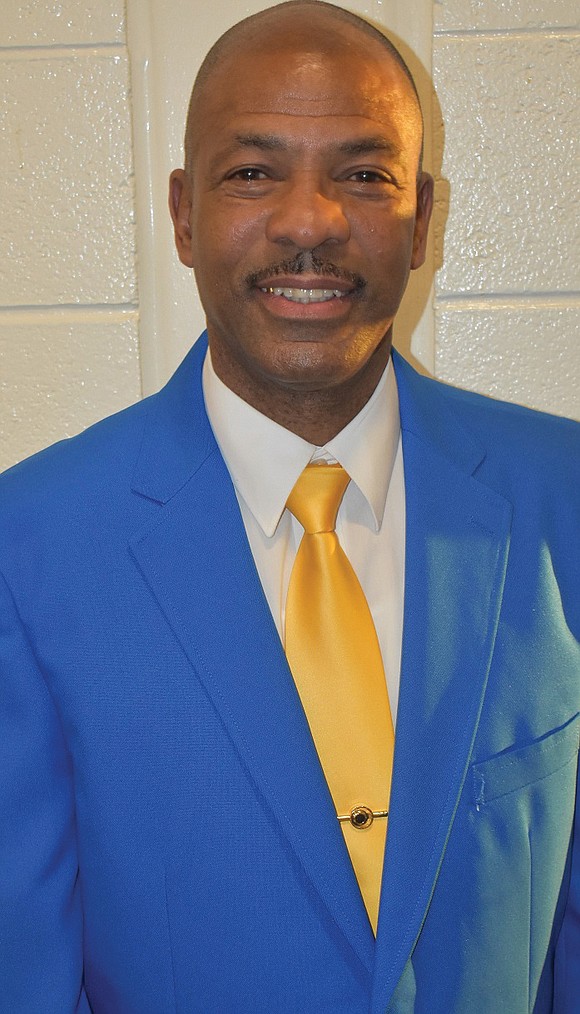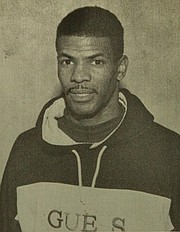Olympic dream remembered
Fred Jeter | 5/6/2021, 6 p.m.
When the 2020 Summer Olympics were postponed because of the pandemic, few understood the athletes’ heartache more than John Christian.
In 1980, Christian’s Olympic dream went “poof” when the United States boycotted the Olympic games in Moscow for political reasons.
Following a sensational track career at Virginia State University, Christian was in Eugene, Ore., the site of Olympic trials, when the deflating news of the boycott was announced.
“I was hoping to get on a plane to Moscow. Instead, I boarded a plane back home the next day and went to work,” Christian recalled.
“I look back on that and it’s not a sweet taste.”
Now 65, the New Kent County native is in his 40th year as a track coach, health and physical education teacher and driver’s education instructor at Charles City County High School.
He is a member of the VSU Athletics Hall of Fame and the Charles City County Athletics and Activities Hall of Fame.
At 5-foot-11 and a trim 178 pounds, Christian still looks as though he could outrun most of his teenage students.
His sons have traveled a different course. Jamion Christian is head basketball coach at George Washington University and Jarell Christian is an assistant coach with the NBA Washington Wizards.
Basketball or football was never an option for John Christian, who was all about blazing down mostly cinder tracks, choking opponents with his trail of dust.
In the late 1970s, Christian ranked with the fastest men in the world. He was a two-time NCAA Division II champion in 1977 and 1978 at 100 meters, as well as the NAIA and Penn Relays 100-meter king in 1979.
He competed at VSU under Coach Pete Bennett, who recruited him out of New Kent High School where he had a personal best of 9.7 seconds for 100 yards.
Christian’s winning NCAA times were 10.62 seconds in 1977 and 10.30 in 1978. He also ran a scorching leg on VSU’s 1977 championship 4x100 relay team.
His personal best 100-meter sprint in open competition was a blistering 9.9, comparable to the top times of all time.
Christian was set to run the 100 meters and 200 meters in the 1980 Olympic trials in Oregon when President Jimmy Carter shook the foundation of track and field. What had been feared, a U.S. boycott, became a reality. Because of the Soviet Union’s invasion of Afghanistan, the United States and about 65 other nations withdrew from the Moscow Olympics.
In effect, the decision ended Christian’s career as an international track sensation. Instead of competing for a meet that wasn’t to be, he packed up and headed East.
“It was ‘Wow, like wow.’ After all that hard training ... I was just happy they honored our return flights at the airport.”
While the Olympic games in Tokyo were postponed in 2020 because of the pandemic, current world-class athletes only have to wait one year for the games, which are scheduled to take place this summer.
For Christian, the 1984 Olympic games in Los Angeles, which then were boycotted by Russia, were too much of a stretch. He soon retired.
“It’s disheartening,” he recalled wistfully. “I traveled all over and competed against the best. The kid from New Kent almost made the Olympics.”









